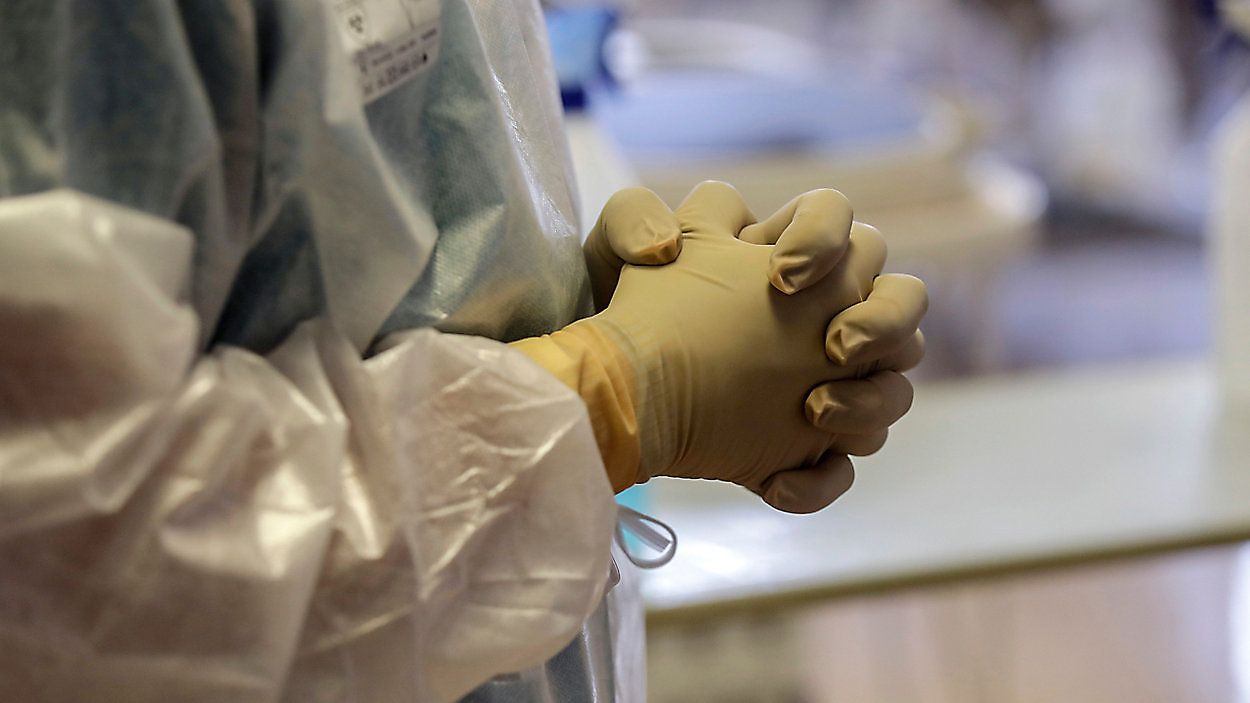The Medical Society of New York on Wednesday urged state officials to send more vaccine doses to community-based doctors so they can begin to immunize their patients.
The push from the organization comes as New York has opened pop-up sites for vaccine distribution as well as mass distribution sites at public colleges and university campuses and is opening a site at Yankee Stadium in the Bronx on Friday.
This week, Gov. Andrew Cuomo announced expanded eligibility to include restaurant workers, people in developmentally disabled facilities, and taxi drivers. Those doses will be administered through local public health departments.
The Medical Society in a statement said its members would be able to ensure communities of color are not left out of vaccine distribution, an increasingly key concern for health officials in New York. At the same time, doctors are already familiar with administering flu shots and have the ability to track who has received a shot through patient databases.
“MSSNY has long advocated for physician involvement as a COVID-19 immunizer, and many community-based private practices have already signed up to do so," said Dr. Bonnie Litvack, the group's president. "These individuals practice in a wide range of communities, including those that serve the Black/Brown/LatinX/Asian patient population and in the rural, urban, and suburban communities."
Cuomo has said New York has the capacity to administer more doses than it currently receives each week from the federal government. In addition to the pop-up locations and mass distribution sites, the state has identified thousands of distribution locations for vaccine administration, including doctor's offices and pharmacies.
But demand is outrunning supply in many areas of the state.
"We hear every day from physicians who are asking when they will be getting vaccines," Litvack said. "Patients are requesting immunization from their physician rather than going to a POD or a pharmacy where they believe they risk greater exposure to COVID-19. Many of these physicians care for the state’s most vulnerable— seniors, those with significant co-morbidities, individuals of color, and those who speak different languages."



